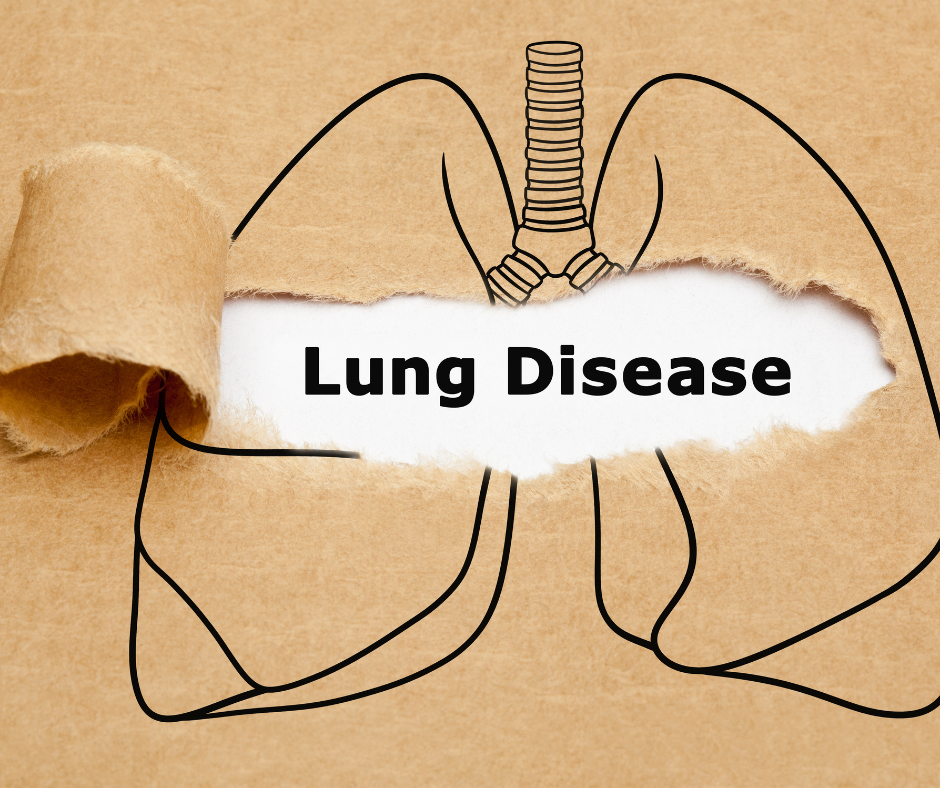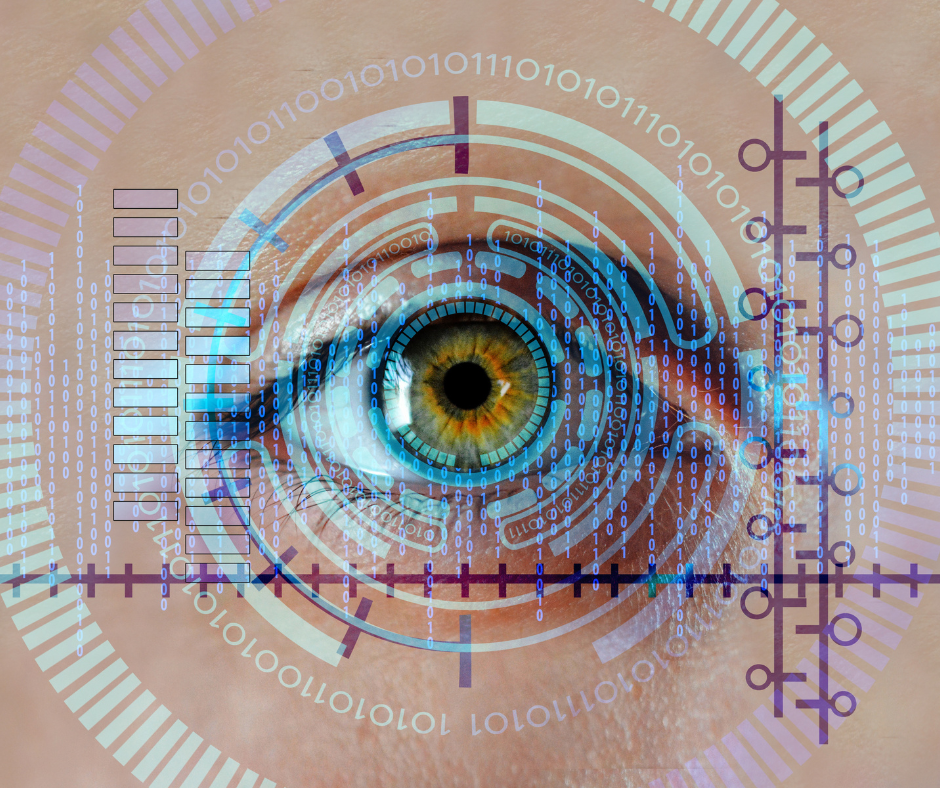After the medical beginning of diagnosis and discovering the correct treatments—what about our emotions, our personal lives, our future hopes and dreams?
Maybe the diagnosis was a relief. “Finally someone believes me! At last there is real proof that something is going on.”
Or it may have been terrifying. “Another serious condition! How will I cope with this additional burden and more losses?”
Sometimes friends and family do not understand. It is our right to take all the time we need before we share information with them. And it is also OK not to share with everyone – this is yet another medical diagnosis which is serious and very personal.
Some of us may be part of the “Invisible Disabilities” tribe. ILD is a restrictive lung disease, so it doesn’t sound like COPD or another thick, phlegm-producing condition. This means that people (including some healthcare providers) may not think we really have lung disease if we “only” have fatigue and a dry cough in the beginning. We may often hear people say “you don’t look disabled” and experience this in multiple ways:
1) They may trying to be kind but simply not understanding how that sounds to us.
2) It may seem that they are consciously or unconsciously disrespecting/denying that our disability challenges are real or significant.
3) It may feel that an employer, friend, or family member is expecting more from us than we are comfortable offering or capable of giving.
Others of us have visible disabilities and yet friends and family may not fully understand how it feels to have this additional diagnosis, full of uncertainty and new limits, to face.
Either way, we may feel hurt, unheard, scared, sad, or angry.
My pulmonologist very gently and kindly told me that the prognosis with ILD secondary to autoimmune disease can vary widely. People may live 5 years or even up to 20 years (depending upon our age and other health conditions we have) after an ILD diagnosis. If funding for research continues, the younger you are the more likely you are to see significant improvement in ILD treatment in your future.
When we receive a diagnosis with a serious prognosis, it is important have support. We need to reach out to people with whom we feel comfortable sharing our news and our feelings. We also need people we can rely upon to be emotionally present with us and sometimes available for physical assistance such as a ride to a doctor’s appointment, or a run to the grocery store. Just as we may already do for our other AiArthritis-related conditions.
In addition to your personal support network, I encourage everyone to consider working for some time with a good therapist who specializes in helping people with chronic diseases or serious diagnoses. Not all therapists have that very specific set of skills, but most therapists are experienced in helping people deal with losses.
Because
whether we feel lonely, scared, sad or angry – all of those feelings are all related to grief. We have lost something.
Yes, we have likely adjusted to prior AiArthritis-related diagnoses, but this one is new and different. Breath is life itself. So therapy/counseling is helpful in facing the grief of losing more things that we may not be able to do anymore or facing the fact that perhaps our time may be somewhat shorter. Let yourself grieve this.
Grief ignored
harms us more
than grief explored.
Exploring/experiencing meaning in our lives is also vitally important. If we are part of a religious community our minister, priest, pastor, rabbi, imam,
sheikh, or other spiritual leader likely has experience in how to help people face mortality as well. If we are atheist, agnostic, or not religious at all, or if we are independently spiritually oriented, our life purpose/ethics/morals/beliefs and how we manifest them are still the most essential part of who we are in this world. Good therapy helps us explore and define these values.
Therapy is also helpful in learning how to communicate with the other people in our lives. Good communication increases support and – just as important – deepens connections and nourishes love.
Journaling our thoughts and feelings is a great way to explore them. Compared to thinking the same thoughts over and over, writing spontaneously in a state of flow can reveal things that our conscious mind has been ignoring. Sometimes we surprise ourselves!
Group support, either in person or online, can be helpful as a way to find people who share our diagnosis and who may be able to offer coping tips and practical tips based on personal experience. Social media may also sometimes be a place where some people may overdo the “ranting” or express much fear and negativity, so pay attention to whether it is helpful for you or not.
In addition to support from other human beings, many of us find love and joy from our animal companions. Don’t they sometimes just
know when we need some love? And they keep it simple, just loving us without a lot of questions.
We may also heal our feelings via time in nature: seeing/hearing/smelling/touching beautiful natural life. A stroll in the park. A lovely houseplant, a bouquet of scented flowers, the soothing sound of rain on a roof, or even some adaptive gardening if we can do it. There are few things as satisfying as growing something, even if it is just putting a few seeds in a pot.
As we deal with this new diagnosis, it’s helpful to purposefully seek out all the things which give us peace and make us happy. Perhaps listening to – or making-- music. Watching a great movie or following a good series. Practicing any creative arts or crafts you enjoy. Treat yourself—try something brand new! You can find free instruction on YouTube if you don’t feel up to going to classes. Even if we have stiff fingers, we can still create. Reading or listening to books can also help us explore other lives/places – an interesting escape within our own space.
These joys come to us, in my experience,
after we have allowed ourselves to honestly feel our grief, accept our new diagnosis, and move forward into living NOW. Remember that even if our health journey feels like “two steps forward, one step back” at times, we are still moving forwards. As we live “one day at a time”, let us each discover our own unique sources of joy, companionship, wisdom, hope and beauty.
In our next conversation, we will explore practical lifestyle tips on managing our condition(s) and living healthfully. For now, Take a Deep Breath and move forward….life is here in each moment, ready to participate with us.







